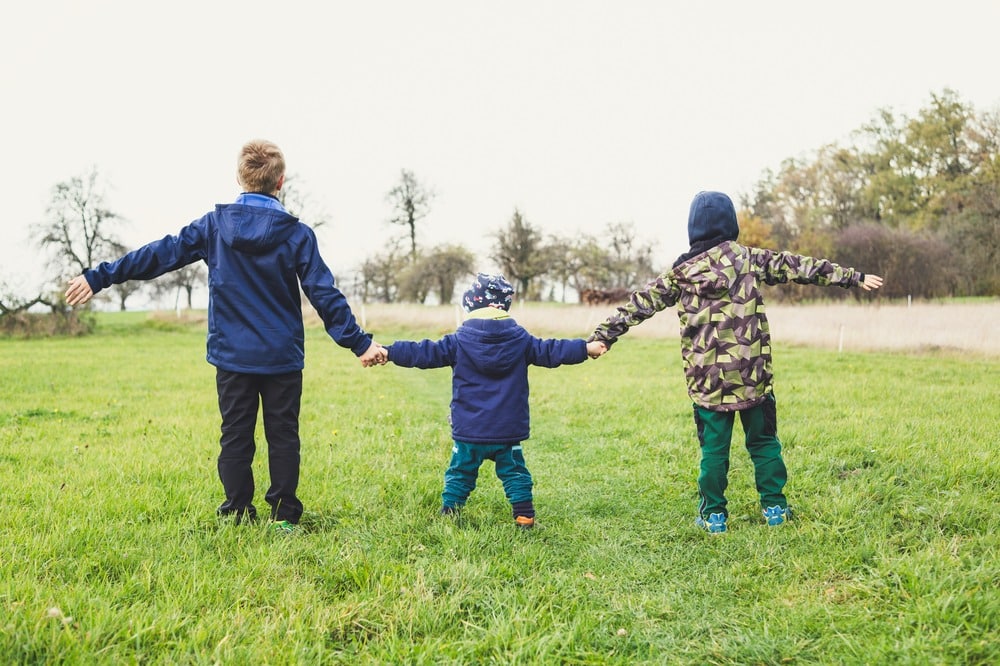
Building Stronger Relationships
December 9, 2024
Navigating the Holidays with Depression
December 24, 2024Parents and guardians play a pivotal role in their child’s mental health. Meeting children’s emotional needs is just as important as their physical needs. This shapes how they will interact with themselves and the world in the future. Here are a few ways to support your child’s journey with their mental health. Whether you have concerns about them currently or as preventative steps:
Communicate Openly
Consider how to encourage your child to express their thoughts and feelings to you. This can range from how their day is, what they are excited about, what is difficult, and the emotions they are feeling. Depending on how old your child is or how they communicate, asking them to show you how they feel by using movement, drawing, or connecting to a story character may be helpful. How can you show them you are listening, not judging, and see their emotions as valid? Finding ways to bring up difficult emotions like sadness, fear, anger, and shame may help them realize these are normal and okay to talk about too.
Be Attuned, Responsive, and Engaged
Forming positive relationships that feel safe, supportive, and reliable is crucial for children to then be able to grow and explore—we call these relationships a ‘secure base’. Being attuned to what is happening for them, responsive to their needs, and engaged during your interactions with them helps support this process (remember ARE—attuned, responsive, engaged). Simple steps here might mean no phones at meal times, more eye contact, playing games together, and consistently being curious about their internal world. How might practicing ARE look different during a regular day, a disagreement, or when you or child is unwell?
Encourage Healthy Routines
Our mental health is impacted by how we set up routines around sleep, food, physical activity, screen time, friendships, community, and more. Is there one or two ways you could help your child establish a more balanced routine in these areas?
Starting with You
Parents and guardians are often the biggest resource in a child’s life, which comes with its stressors and can bring up shame when we make mistakes or do not know what to do with our child’s struggles. This is so normal; you are not alone. The more you care for yourself by modelling open communication, practicing ARE with yourself, and establishing healthy routines, the more internal resources you will have to support your child. How are you already caring for yourself? Consider one area you want to strengthen or add to.
Here are Some Additional Resources for More Information:
If you’re seeking to connect further, please reach out to us at 250-718-9291 or email us at [email protected].
For specialized services, our team is ready to help you explore what an embodied life can look like through our various counseling programs. You can also check out our General Counseling Services, learn about the Types of Therapy we offer, or visit our booking page here.
The following resources are excellent places to start exploring support for Children and Youth Mental Health, going at your own pace:
- Parenting from the Inside Out by Daniel J. Siegel
- An option for reading with your child: The Invisible String by Patrice Karst
- Kelty Mental Health: https://keltymentalhealth.ca/ 1-800-665-1822
- 24/7 BC Mental Health Support Line: 310-6789 (no area code needed)
- Our Child and Youth Counselling Page
- Our Hear the Child page

Written by: Emily Beckett, Practicum Student
To book: Click Here!





